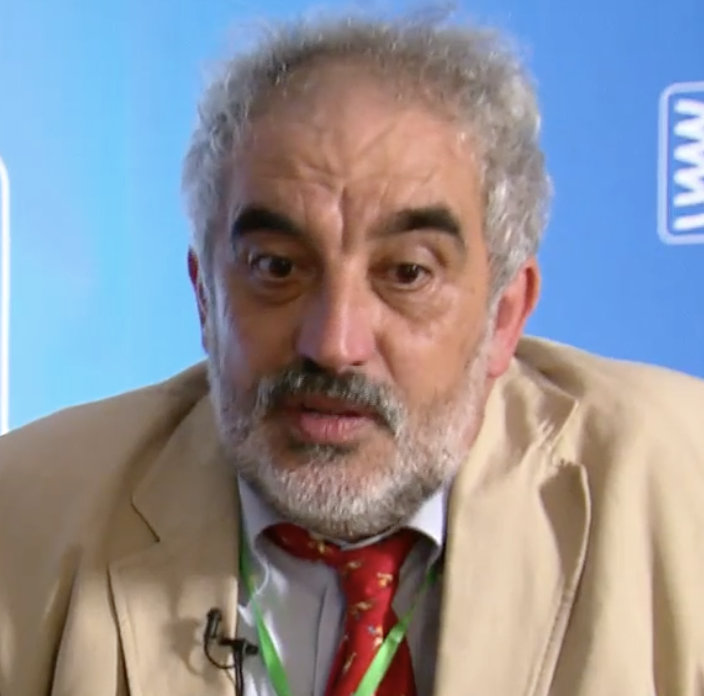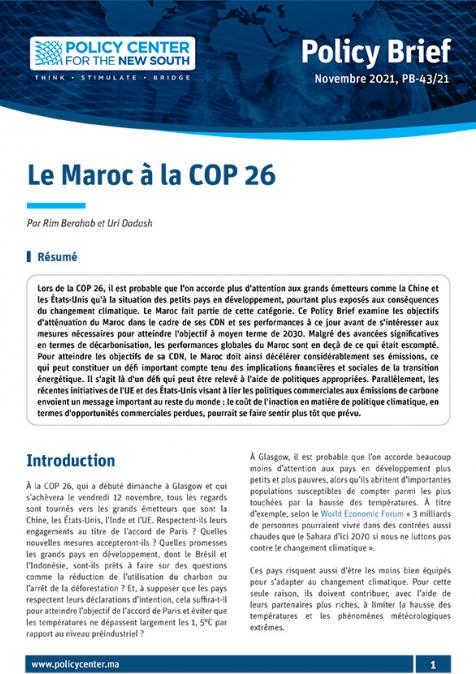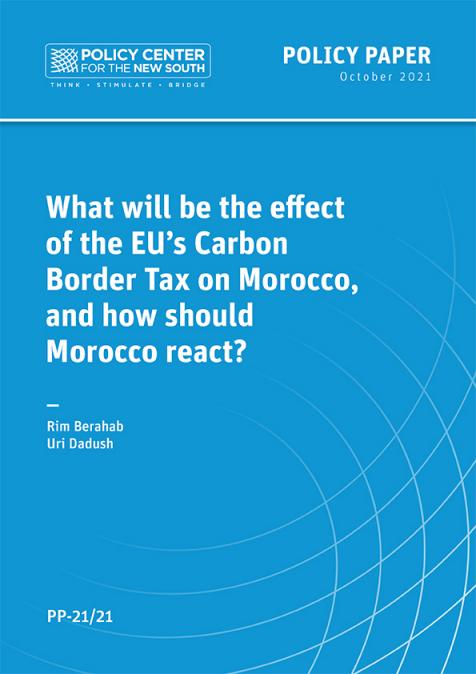Interview with Omar Aloui - International Conference on The Water-Food-Energy Nexus in Drylands: Bridging Science and Policy 11-13 June 2014, Rabat, Morocco
Speakers

Omar Aloui
Economist and Managing Director of Agroconcept
Economiste spécialisé dans le conseil. Ses centres d’intérêt et son activité professionnelle concernent l’économie des ressources naturelles (Maroc, Ethiopie, Tunisie, Bénin, notamment) et les politiques sociales (Maroc, Soudan, Afrique de l’Ouest). Il a dirigé une entreprise de consulting en économie au Maroc pendant une vingtaine d’années dans laquelle il continue de collaborer. Il a contribué à plusieurs revues économiques marocaines et publié dans des ouvrages de référence de la FAO, de la Banque Mondiale ou de l’Université Mohammed V.
...







